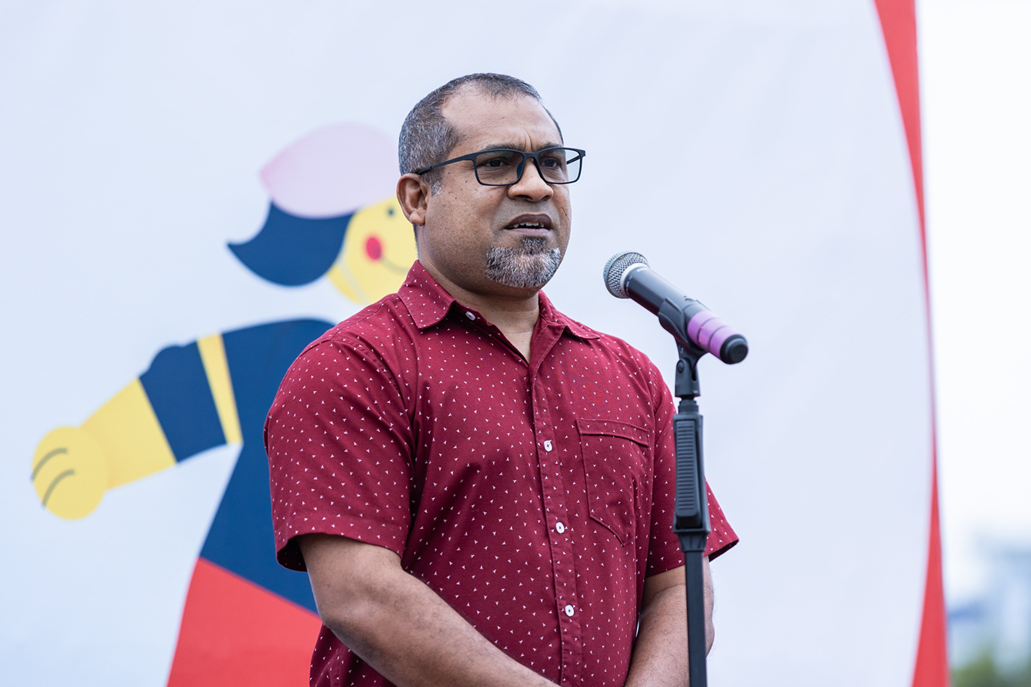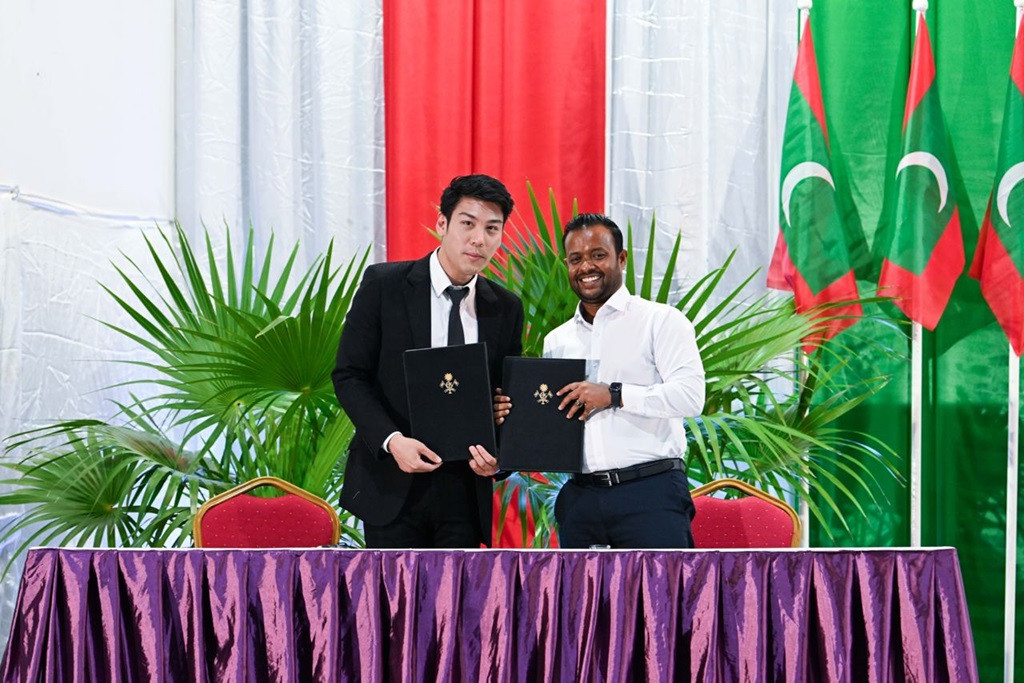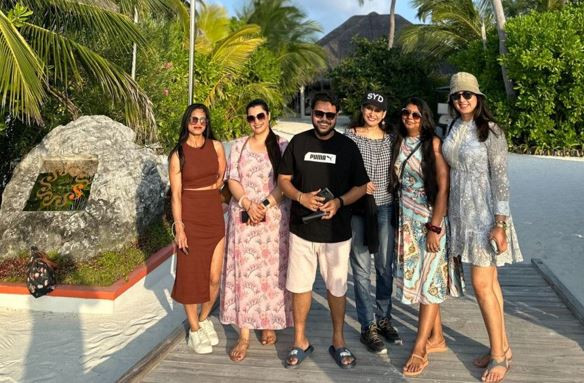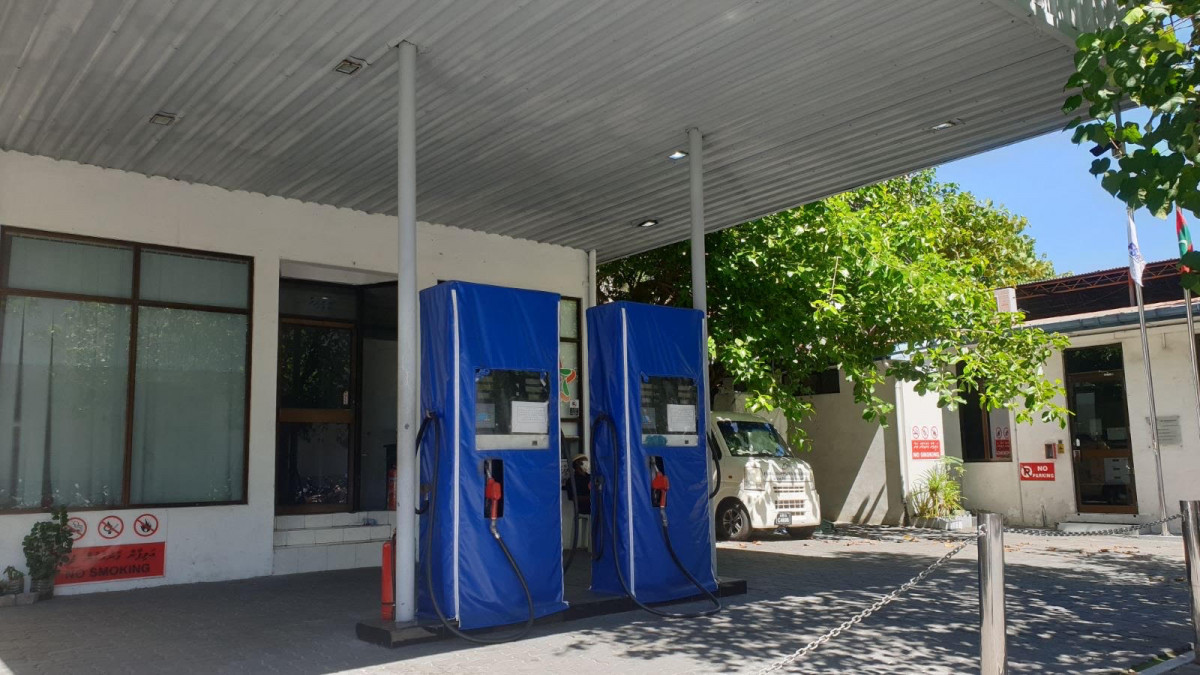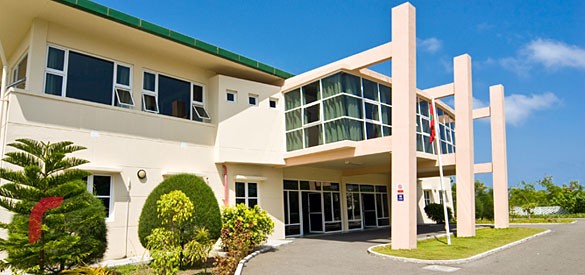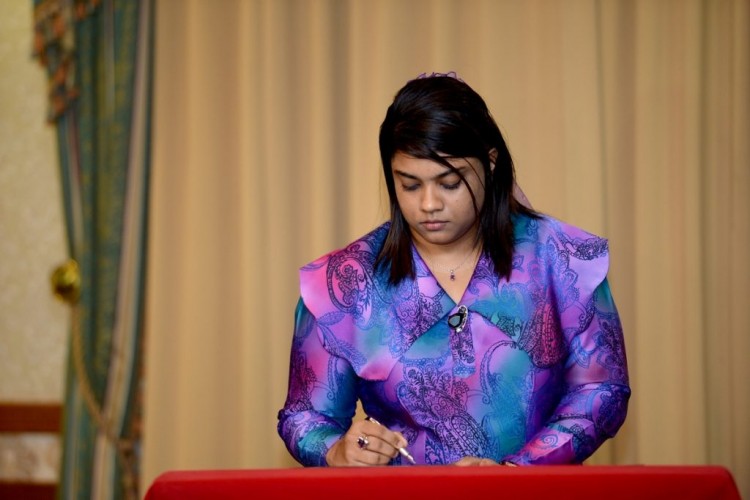Maldives Coalition Government: why shouldn't it work?
Coalition governments in the Maldives have always had internal conflict; is such a government really unsuitable?
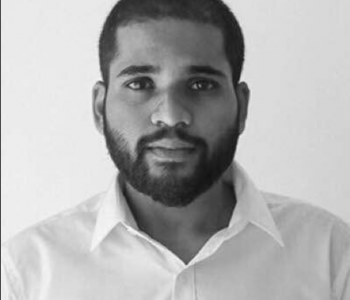

Leaders of the Maldivian government coalition at the \'Jazeera Holhuashi\' event held in 2018
’We want a strong leader’, ‘Maldives can only be ruled by the iron-willed’, ‘compromises will weaken the government’ are some of the many jingles that accompany an election in the Maldives. Traditionally, that is to say since the time of former president Maumoon Abdul Gayoom — or perhaps even before — Maldivians have liked the idea of having full-fledged governments without inner conflict.
These past weeks, as the Maldivian Democratic Party prepared for its primary election, leader Mohamed Nasheed made clear that he does not wish for his party to be hung in seat-count with any other party, be it part of his own coalition or not. In majoritarian politics, the more seats and offices your party has, the more powerful you are.
When Nasheed’s party, with him on its ticket, won the 2008 presidential elections, the Maldives was full of promise. A 30-year dictatorship was felled, and a new constitution adopted. However, the Maldivian Democratic Party could not attain a majority in parliament and most seats went to the Dhivehi Rayyithunge Party, led by Maumoon Abdul Gayoom, the man who lost the presidential vote the year before.
The Dhivehi Rayyithunge Party made several allegiances, most notably with the People’s Alliance, which acquired the third most seats in the 2009 parliamentary elections and was led by former president Abdulla Yameen, and several bills put forth by the Maldivian Democratic Party were trapped and quashed.
Nasheed’s point is clear, if the Maldivian Democratic Party acquired a parliamentary majority, then pledges made by President Ibrahim Mohamed Solih would undoubtedly be fulfilled. The coalition had approved of a separate manifesto but most of it had directly been lifted from Nasheed’s own manifesto for contesting the presidential ticket, before forfeiting it to President Solih.
On Friday, following the party’s primary election, Jumhooree Party leader Qasim Ibrahim accused the Maldivian Democratic Party of ‘casting’ his party aside and them now being ‘forced to beg’. Qasim even said that the Jumhooree Party is willing to work with other parties for the parliamentary vote.
The Jumhooree Party has existed for over a decade now, and during its history has made deals with nearly every leader in the country. Qasim himself was reported to be ‘kingmaker’ in the 2013 elections, as him siding with former president Yameen is said to be what allowed the latter to win the elections then.
Yameen’s main ally then was the Jumhooree Party, and together, they acquired a combined majority in parliament. Not even a year later, the promising coalition rule which was Yameen’s government was in tatters and Qasim had withdrawn his party’s support, claiming Yameen’s reportedly ‘innate’ inability to do right by his promises.
Currently, the Jumhooree Party has more seats in the People’s Majlis than any party in the coalition and its deputy leader Abdulla Riyaz is minority leader. Qasim himself is speaker and several of his close associates are now high-ranking state officials. The Jumhooree Party does not appear to have been ‘cast aside’.
Nasheed has always expressed his belief that rich businessmen have no place in government, especially not parliament. One of his first-ever speeches on the matter, back in 2005, was considered by many to have been a direct jab at Qasim, who had then been hailed as the richest man in the country.
The sentiment is alive and well today, as Qasim was greeted by a silent protest calling for all wealthy businessmen to be expelled from the Majlis, as he descended from the Hotel Jen in Malé after a coalition meeting in November. Nasheed himself has reiterated his support for this during campaign rallies for the primary election.
Perhaps Nasheed an Qasim are just unlikely partners with too much of a checkered past. Nasheed should understand all too well the pitfalls of having to rely on a treacherous allies and an unsupportive legislature, but Qasim too has a point; shouldn’t a coalition elected together, remain so? More than anything, it seems to be a matter of trust.
Much has been said in local political spheres about how coalitions are bound to fail and how they have ‘never worked’, and the question of ‘how long will it last?’ persisted all through out 2017 when the coalition was formed, and through 2018 when they fielded and supported a common candidate, and now in 2019.
Around the world, traditional big and strong government’s are a thing of the past. One political party or leader has never been embodied the will of the all the masses, and minorities in a government gives a voice to more people than a single majority party could. Formal or informal, around the world coalitions do work. In the Maldives, they have allowed leaders to get elected, and for governments to be toppled.
